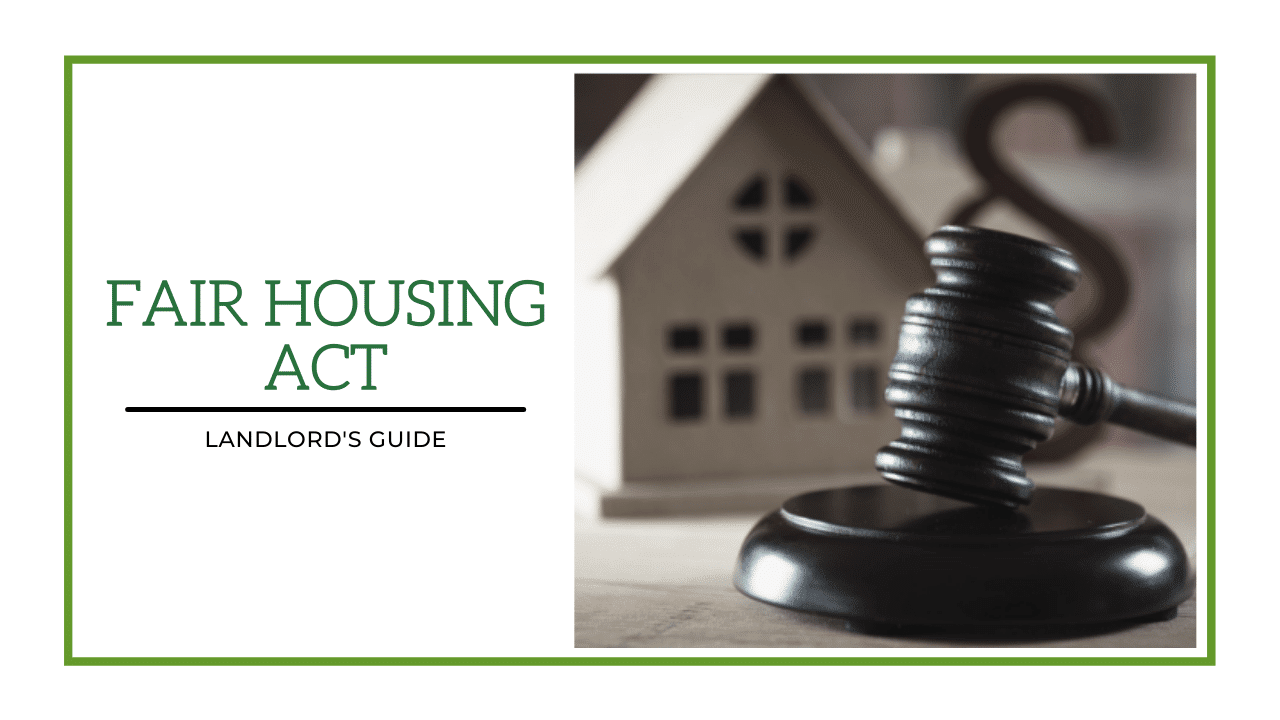
Fair housing laws are some of the most discussed laws in the real estate and property management industries. They affect owners, tenants, investors, lenders, agents, and property managers. They’re complex and they’re often updated or interpreted by the courts in new ways. Staying up to date requires a lot of work and an investment in education and professional development.
The federal fair housing law prohibits discrimination against seven protected classes when it comes to housing. The Fair Housing Act was written in 1968, and passed in April of that year.
This law is a huge factor in the way you:
- Advertise your rental property
- Screen tenants for your rental home
- Manage your property and your relationship throughout the tenancy
Some of the updates to this law can be difficult to understand. For example, you may or may not have heard of disparate impact, a recent concern when it comes to screening tenants for criminal backgrounds. This wasn’t anything lawmakers were thinking of in 1968 when the original law was written, but it’s very much on the minds of the courts today.
Fair housing mistakes are extremely expensive for landlords and property owners. If you’re not working with a Roseville property management company that knows the law inside and out, you could be putting yourself at unnecessary risk.
Federal Fair Housing Protected Classes
The federal Fair Housing Law protects the following classes of people against discrimination in rental housing. You cannot discriminate or deny housing based on:
- Race
- Color
- Religion or creed
- National origin or ancestry
- Sex
- Physical or mental disability
- Familial status
These are easy enough to understand, and we know that there aren’t a lot of landlords who will intentionally discriminate against people because of skin color or religion.
Complications arise when owners make mistakes unintentionally. For example, if you advertise your home as “close to churches” or “perfect for a single professional,” you may be discriminating without realizing it.
You can no longer market your rental property with “No Section 8” terminology because Section 8 tenants are entitled to apply for your home, using their housing voucher as proof of income.
When you’re advertising, screening, and leasing, make sure you know what you can and cannot do in terms of these protected classes.
California Fair Housing Laws Go Further
California is a little different than other states when it comes to fair housing. There are even more protected classes than those listed by the federal law. In California, we get into protected classes that cover sexuality, age, immigration, veteran’s status, and citizenship.
 Protected classes have rights that are easy to misunderstand. For example, a tenant with a disability has the right to move into your home with a service or support animal, even if you don’t allow pets. Those Section 8 tenants who are qualified have a right to live in your home even if they get their income from a government housing program.
Protected classes have rights that are easy to misunderstand. For example, a tenant with a disability has the right to move into your home with a service or support animal, even if you don’t allow pets. Those Section 8 tenants who are qualified have a right to live in your home even if they get their income from a government housing program.
Following fair housing laws is a lot more complex than simply making a policy of not discriminating against those protected classes. You have to have policies that reflect equal opportunity when it comes to advertising, screening, leasing, and managing your home.
We can help. If you have any questions about fair housing or anything pertaining to property management in Roseville, Rocklin, Loomis, Lincoln, Granite Bay, or the surrounding areas, please contact us at Action Properties.
